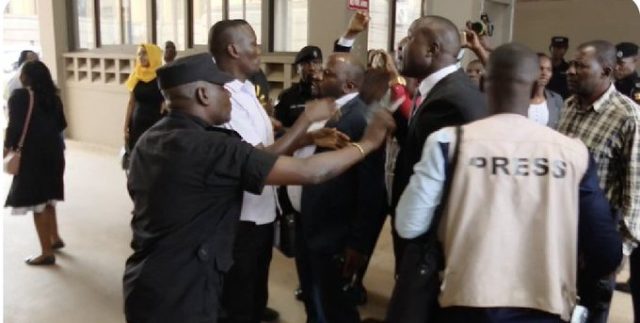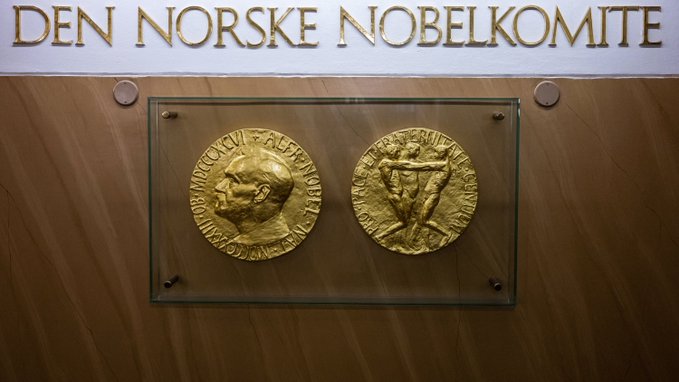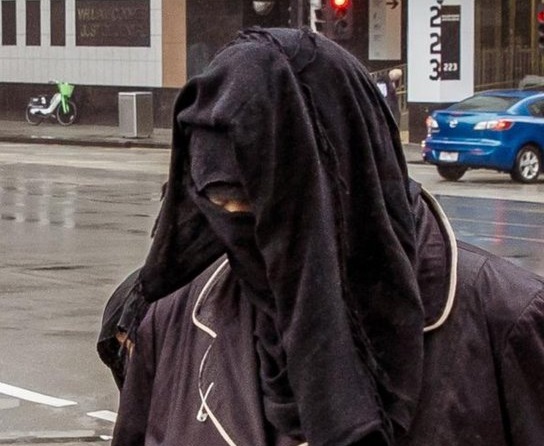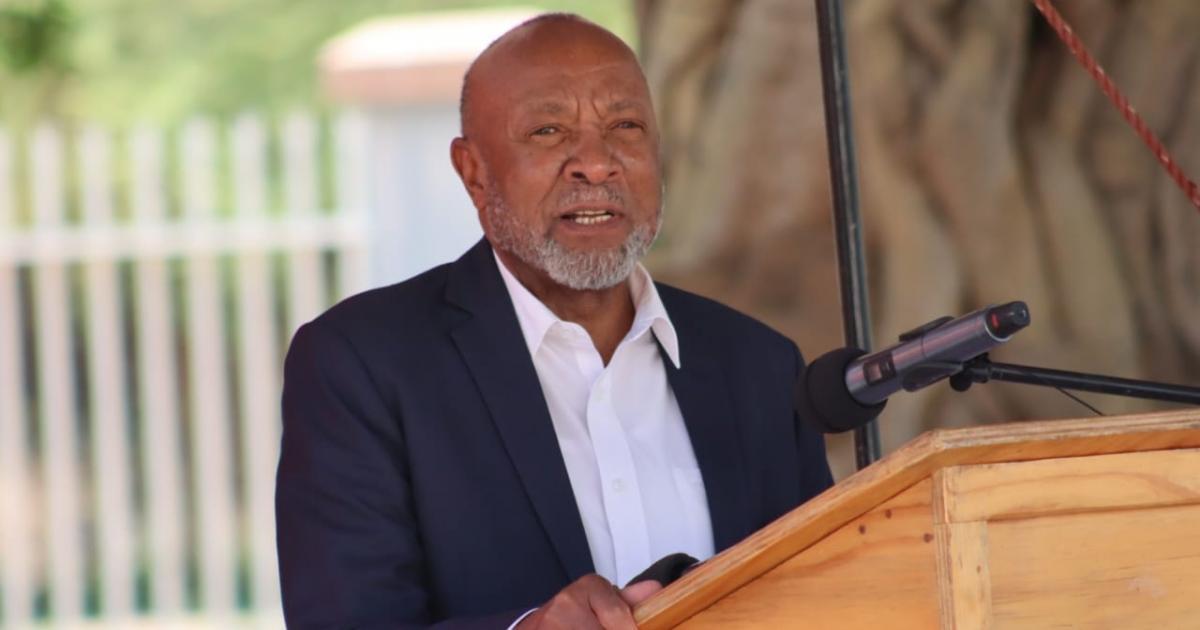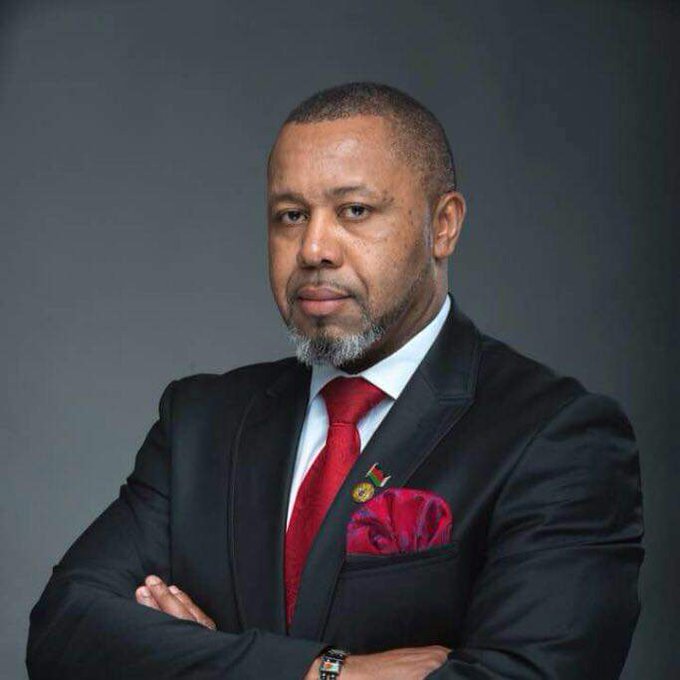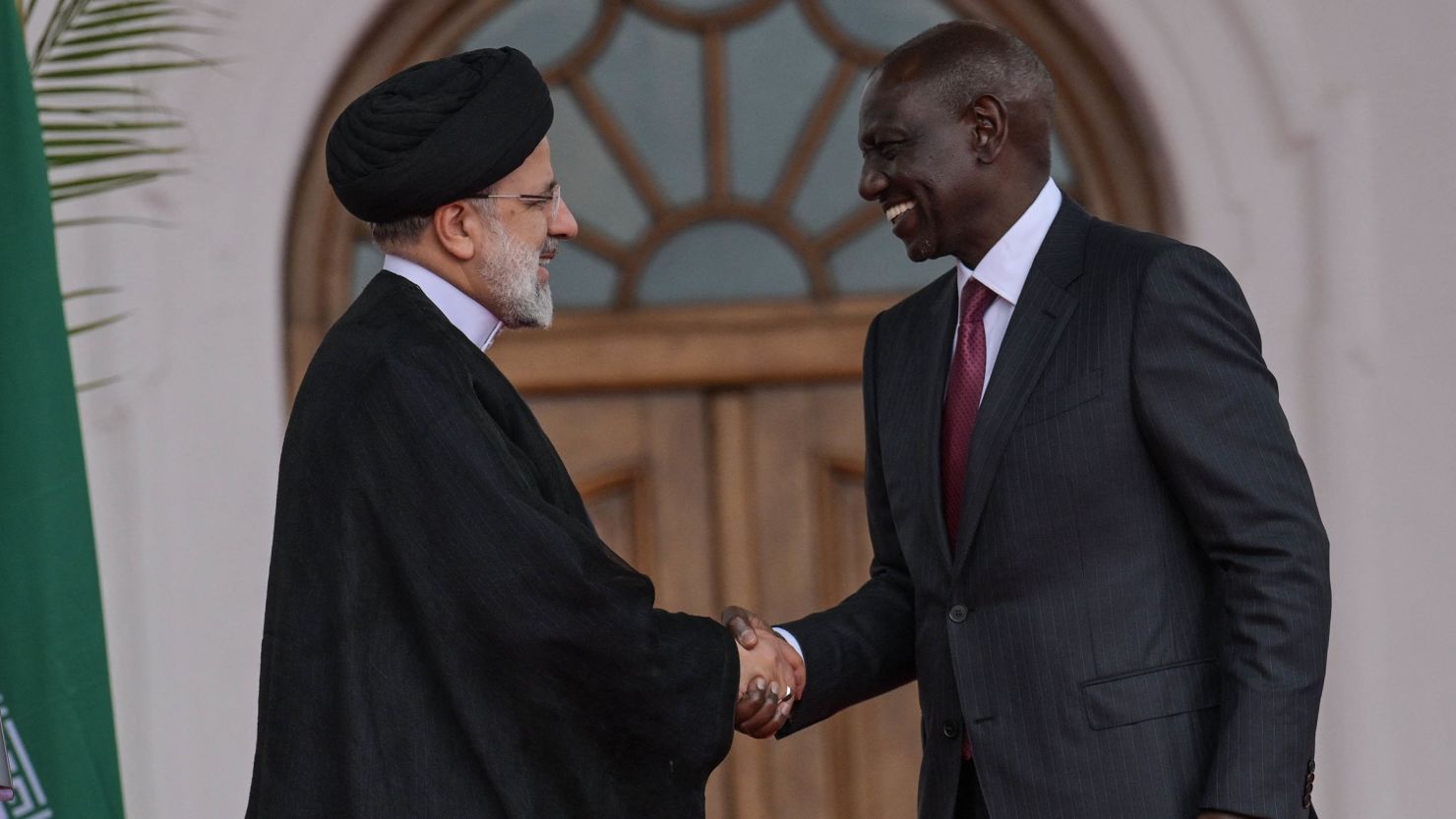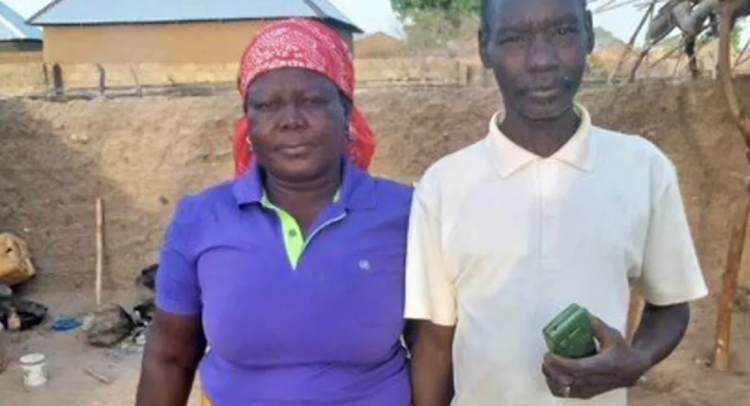Chaos erupts at Judiciary HQ as Karua and Besigye lawyers blocked! A brief commotion unfolded on Tuesday morning at the Judiciary headquarters in Uganda when a team of lawyers and journalists was denied entry.
The group, led by prominent lawyers Erias Lukwago, Eron Kizza, and Kenya’s Narc-K party leader Martha Karua, sought to meet Uganda’s Chief Justice to follow up on a recent Constitutional Court ruling.
The ruling declared the trial of civilians in the military court martial unconstitutional, sparking a wave of legal and public interest.
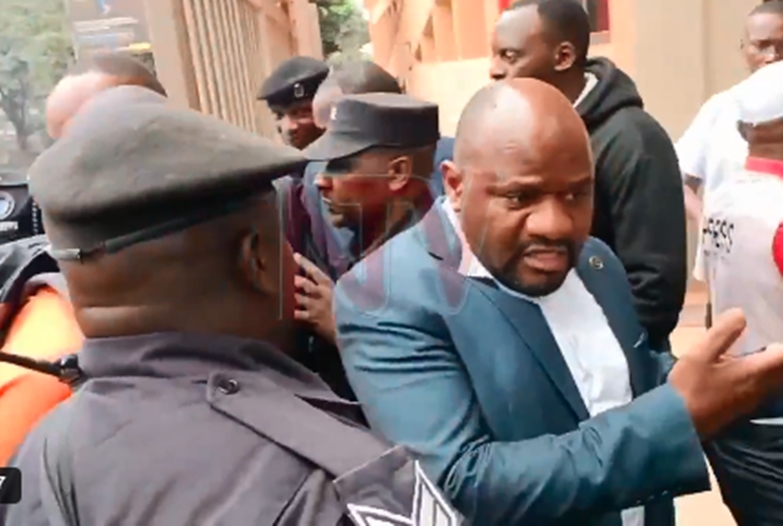
Lawyers Barred from Entry
Security officers stationed at the Judiciary headquarters struggled to manage the situation as the lawyers and accompanying journalists attempted to gain access to the offices.
The lawyers had intended to advocate for their clients, including opposition figure Dr. Kizza Besigye and Obeid Lutale, whose military court trial was adjourned on Monday until December 10.
The adjournment was requested by the defense team to allow time for Karua’s temporary practicing license to be processed by the Ugandan Law Council. Without the license, Karua cannot legally represent her clients in Ugandan courts.
Background of the Case
The case centers on Besigye and Lutale, who face charges related to national security, including unlawful possession of firearms and ammunition. Both men allege they were abducted by Ugandan security operatives in Nairobi, Kenya, where they had planned to attend the launch of Karua’s book, before being forcibly transported to Uganda.
This is not Besigye’s first legal battle involving the military court. In 2006, he was charged with treason and other crimes, all of which were eventually dismissed.
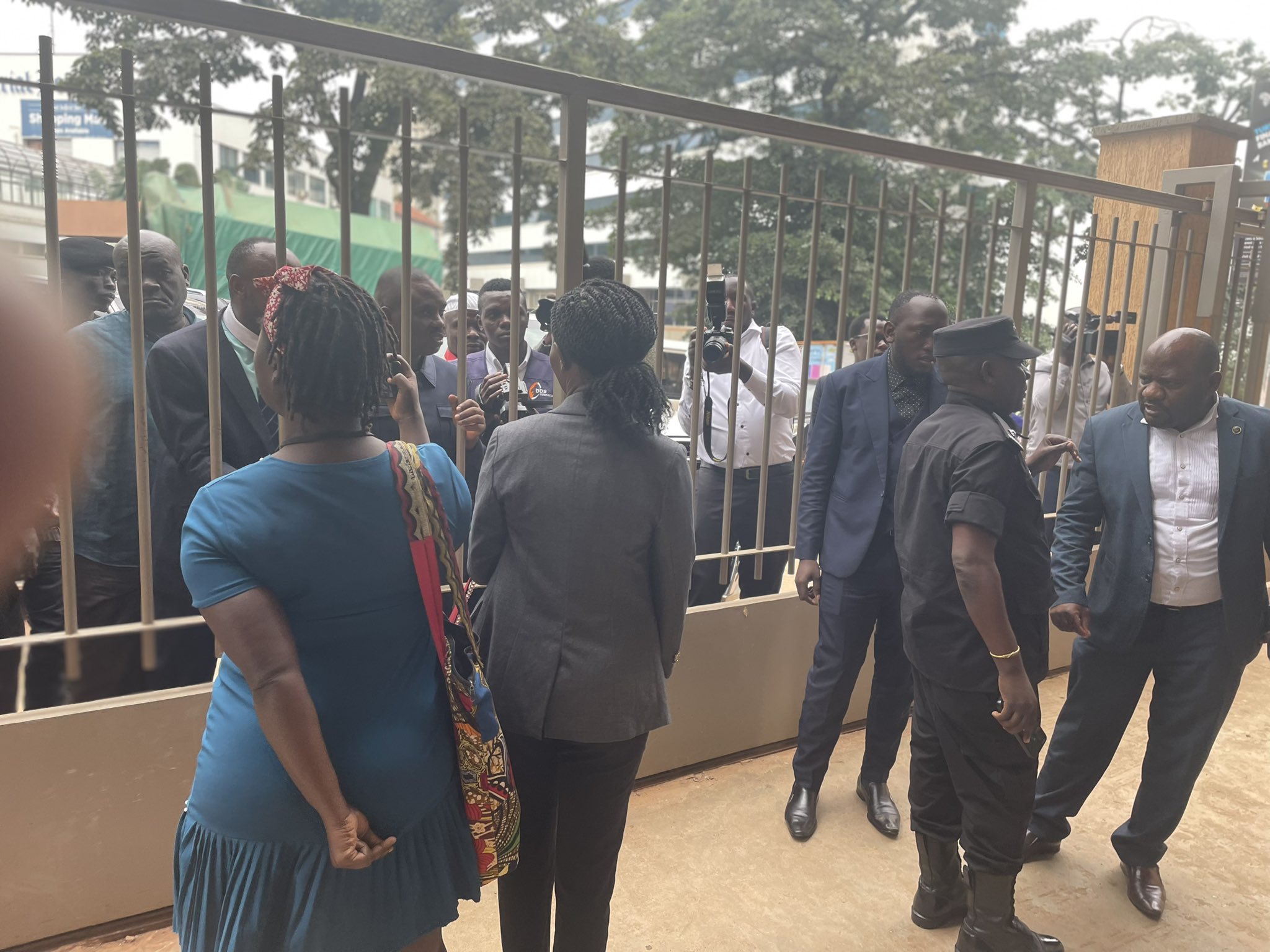
The recent Constitutional Court ruling against trying civilians in military courts has added a new dimension to the case, with defense lawyers seeking clarity on how this precedent will impact their clients.
Karua’s License Delayed
Martha Karua’s involvement in the case has drawn significant attention due to her status as a prominent Kenyan politician and legal advocate. Speaking to NTV Uganda on Monday, Karua revealed that her application for a temporary practicing license had not yet been processed by the time of Besigye’s court martial appearance.
Karua disclosed that she had spoken with Justice Irene Mulyagonja, who assured her that the matter would be addressed promptly.
“I have in turn tasked her and pleaded that they process my application expeditiously because the case is going on today, and I will not be able to address the court without the approval,” Karua said.
The delay has hampered the defense team’s ability to present their case fully and raises questions about procedural fairness in high-profile legal matters.
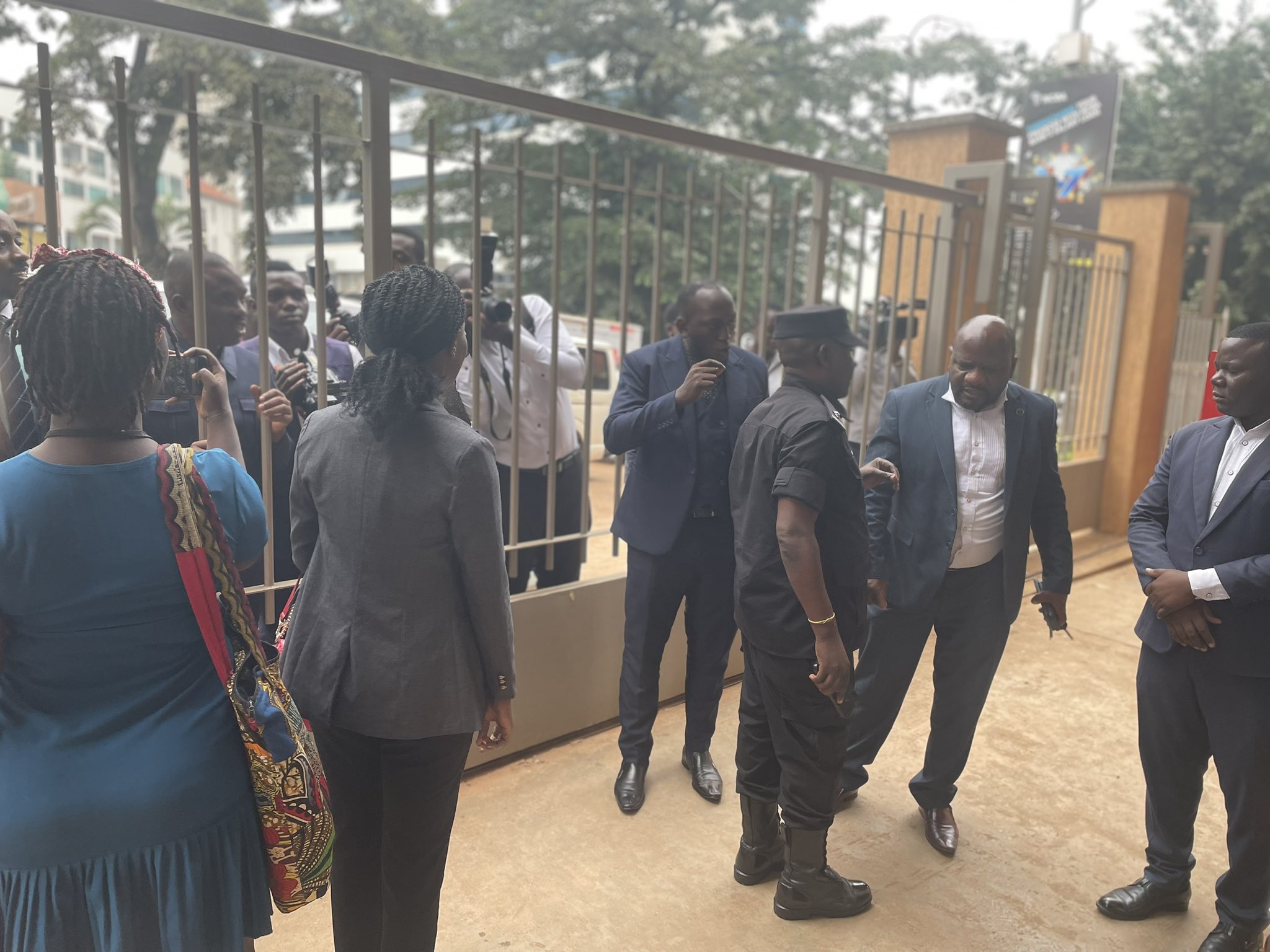
Constitutional Court Ruling
The backdrop of this legal drama is the landmark ruling by Uganda’s Constitutional Court, which deemed the trial of civilians in military courts unconstitutional. This decision, if upheld, could have far-reaching implications for the Ugandan judicial system, particularly in cases involving political opposition figures.
Besigye and Lutale’s legal team has emphasized the importance of this ruling, arguing that their trial in a court martial is now invalid under the Constitution.
Next Steps
The defense team is set to return to court on December 10 for the mention of the case and the ruling. They remain optimistic that Karua’s license will be processed in time to enable her full participation in the proceedings.
Karua’s involvement adds an international dimension to the case, highlighting the broader implications of judicial independence and human rights in Uganda.
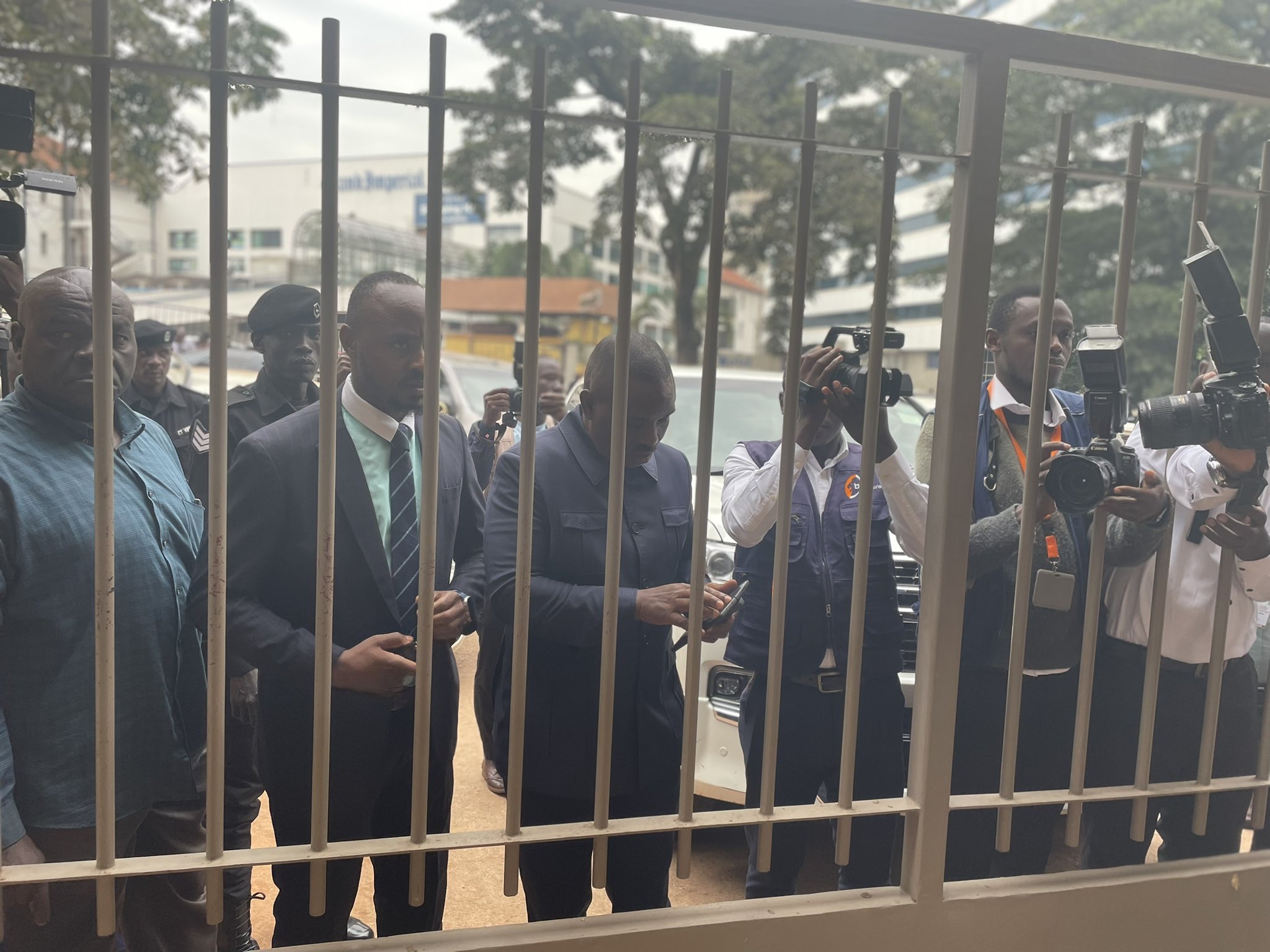
Broader Implications
The case has reignited debates about the use of military courts to try civilians in Uganda, with critics arguing that such practices undermine the principles of a fair trial and judicial transparency. The commotion at the Judiciary headquarters underscores the heightened tensions surrounding the issue.
For Besigye, a seasoned opposition figure with a history of clashes with Ugandan authorities, the stakes are high. His legal battles continue to draw attention to broader issues of governance, human rights, and the rule of law in the country.
As the legal proceedings unfold, the spotlight remains firmly on Uganda’s judiciary, with both local and international observers keenly following the developments. The resolution of this case could set a significant precedent for the future of justice in Uganda.

